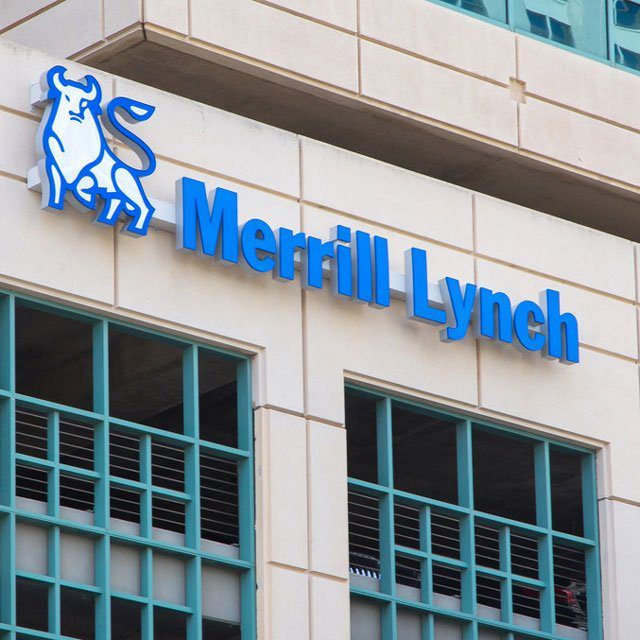Merrill to Pay Clients $15M for Share Class Violations

What You Need to Know
Thousands of clients bought Class C shares when Class A shares were available at substantially lower costs.
Merrill system often failed to correctly identify and implement applicable purchase limits on Class C shares.
Merrill Lynch also has agreed to convert certain clients’ existing Class C holdings to Class A shares.
The Financial Industry Regulatory Authority ordered Merrill Lynch to pay more than $15.2 million in restitution and interest on Thursday to thousands of clients who purchased Class C mutual fund shares when Class A shares were available at substantially lower costs from early 2015 to early 2021.
As a general matter, Class A shares are subject to a front-end sales charge; Class C shares typically do not carry a front-end sales charge but have ongoing fees and expenses that are higher than those of Class A shares.
Merrill Lynch maintained an automated system designed to restrict a client’s purchase of Class C shares when lower cost Class A shares were available, according to FINRA.
“The system, however, often failed to correctly identify and implement applicable purchase limits on Class C shares,” FINRA said. “As a result, thousands of Merrill Lynch customers purchased Class C shares, incurring fees and charges, when Class A shares were available at a substantially lower cost.”
For example, in November 2019, the firm’s system failed to flag a customer’s purchase of Class C shares with annualized expenses of about 1.76% when the client could have purchased Class A shares with lower annualized expenses of approximately 0.96% without paying a sales charge, according to the regulatory group.
Jessica Hopper, head of FINRA Enforcement, said in a statement that “FINRA member firms must have supervisory systems reasonably designed to ensure that customers are aware of, and receive, available discounts when purchasing mutual funds, and are not charged unnecessary fees and expenses.”




